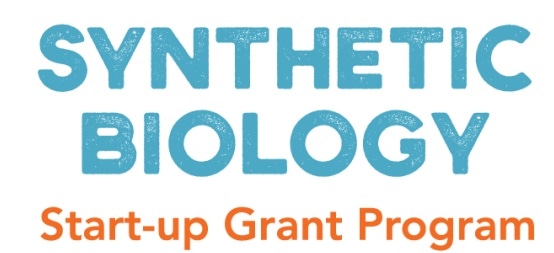Demonstrating its commitment to advocating for synthetic biology research, Integrated DNA Technologies’ (IDT) Synthetic Biology Start-up Grant Program has once again benefited innovative start-ups in their missions to impact sustainable manufacturing, human health, and/or humanitarian causes.

The program provides much-needed synthetic biology products designed to support the next generation of companies aiming to impact these important areas using synthetic biology.
A recent DECODED article profiles the winners, including how the grant program will help them in their goals. The grant competition is designed to enable these very early companies to access important synthetic biology products needed to test and advance their proof-of-concept.
The grant program was open to US-based organizations less than five years old, with fewer than 50 employees and that had not completed fundraising beyond Series A. Applicants were judged on impact/benefit to humanity, innovation, and technical and commercial feasibility.
Helix Nanotechnologies (HelixNano) was named winner of the first prize of 100,000 bp of DNA provided as gBlocks™ Gene Fragments (or the equivalent value in other IDT products, including Megamer™ Single-Stranded Gene Fragments, custom Gene or MiniGene™ Synthesis products, and Alt-R™ CRISPR genome editing products).
HelixNano is a seed-stage start-up company developing next-generation mRNA therapeutics and enabling technologies for cancer neoantigen vaccines.
Current neoantigen vaccine efficacy is hit-or-miss, and HelixNano hopes to use IDT’s gBlocks Gene Fragments as part of a pilot project in conjunction with philanthropic/academic partners to create ‘precision neoantigens’—fusion proteins—to boost neoantigen immunogenicity. Judges were impressed by the company’s goal to enable preventative cancer vaccines for non-viral cancers.
We are very excited to have won IDT’s Synthetic Biology Grant program – it will provide us with a valuable opportunity to discover new antigen architectures that could perhaps help patients all around the world. Our goal at HelixNano is to use synthetic biology tools to develop novel cancer therapeutics.
With support from Schmidt Futures and in collaboration with the Broad Institute and the Parker Institute we want to develop libraries of antigen effector domains to very precisely stimulate the immune system to attack cancer cells. We will use libraries provided by IDT towards this aim.”
Hannu Rajaniemi, co-founder, and CEO of HelixNano
IDT has a long history of making great products and helping those scientists. One of the areas we see the most need for support are early-stage startups. Individuals with great ideas face challenges to support the proof of concept needed to demonstrate their vision, and to secure initial funding.
Our Synthetic Biology Startup Grant Program is intended to help those whose ideas have the potential to have a positive impact on the world. We’re very happy to see this award go to HelixNano who we believe has the potential to change the world of next-generation gene therapies, genome engineering and beyond.”
Adam Clore, Technical Director of Synthetic Biology at IDT
Tiba - a pre-clinical biotechnology start-up whose mission is to create a new generation of vaccines for human and animal disease, won the runner-up award of 50,000 bp of DNA.
The company’s goal is to develop affordable vaccines in response to new epidemics and overlooked diseases, without the need for expensive and cumbersome biomanufacturing processes.
Tiba will use IDT’s gBlocks Gene Fragments to produce a synthetic RNA vaccine to screen and validate target antigens for Schistosomiasis, a disease caused by parasitic flatworms in the developing world.